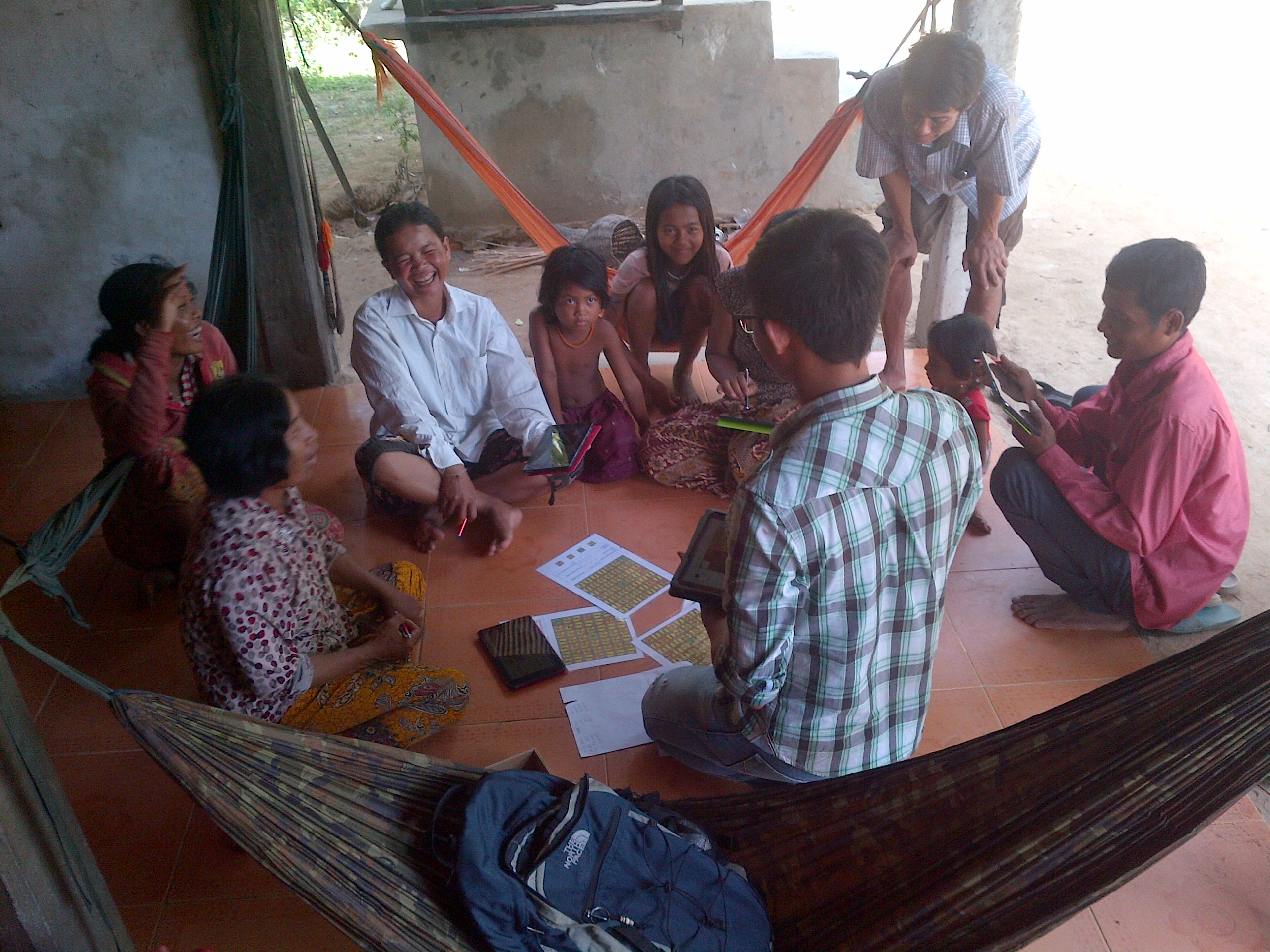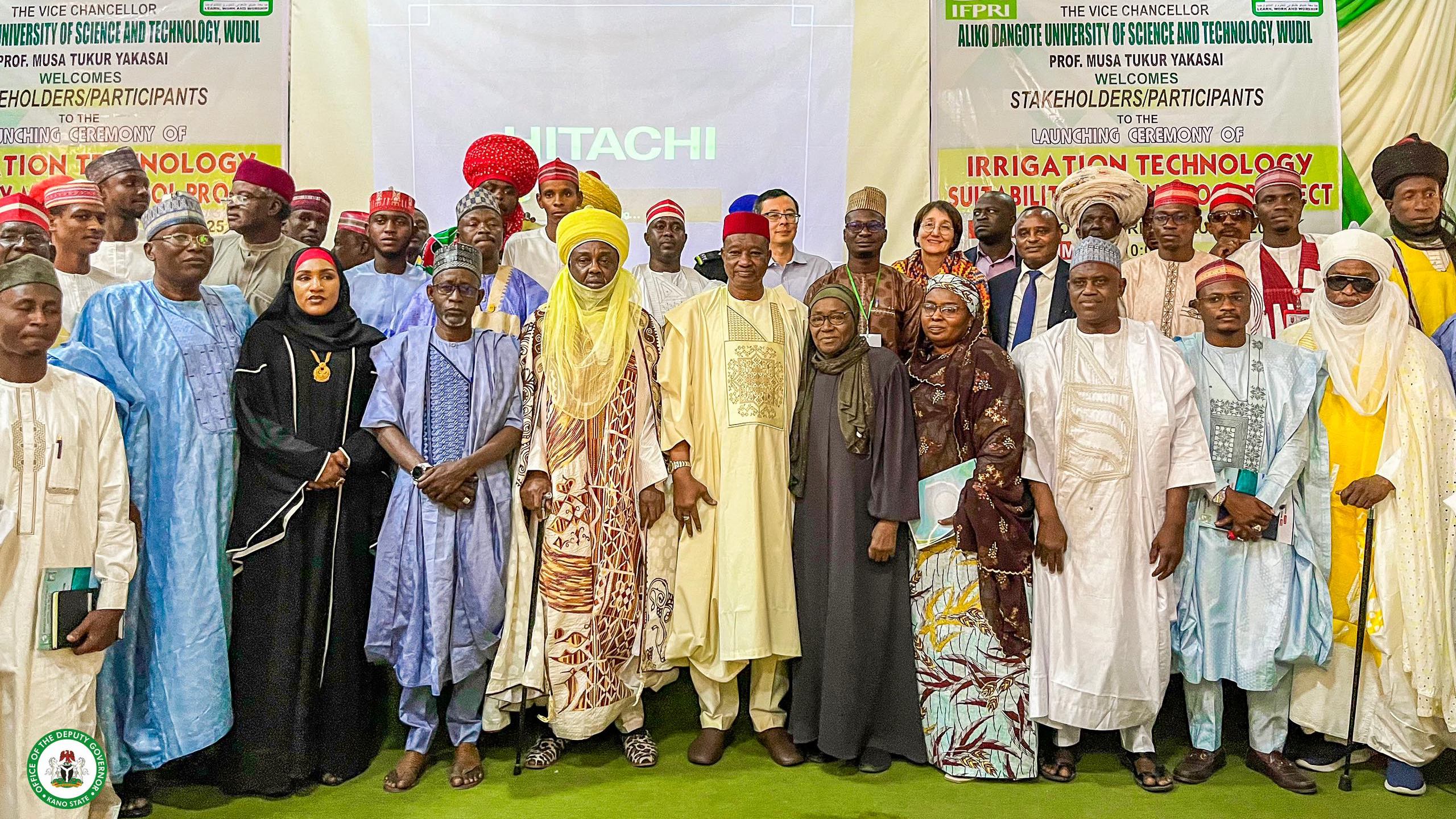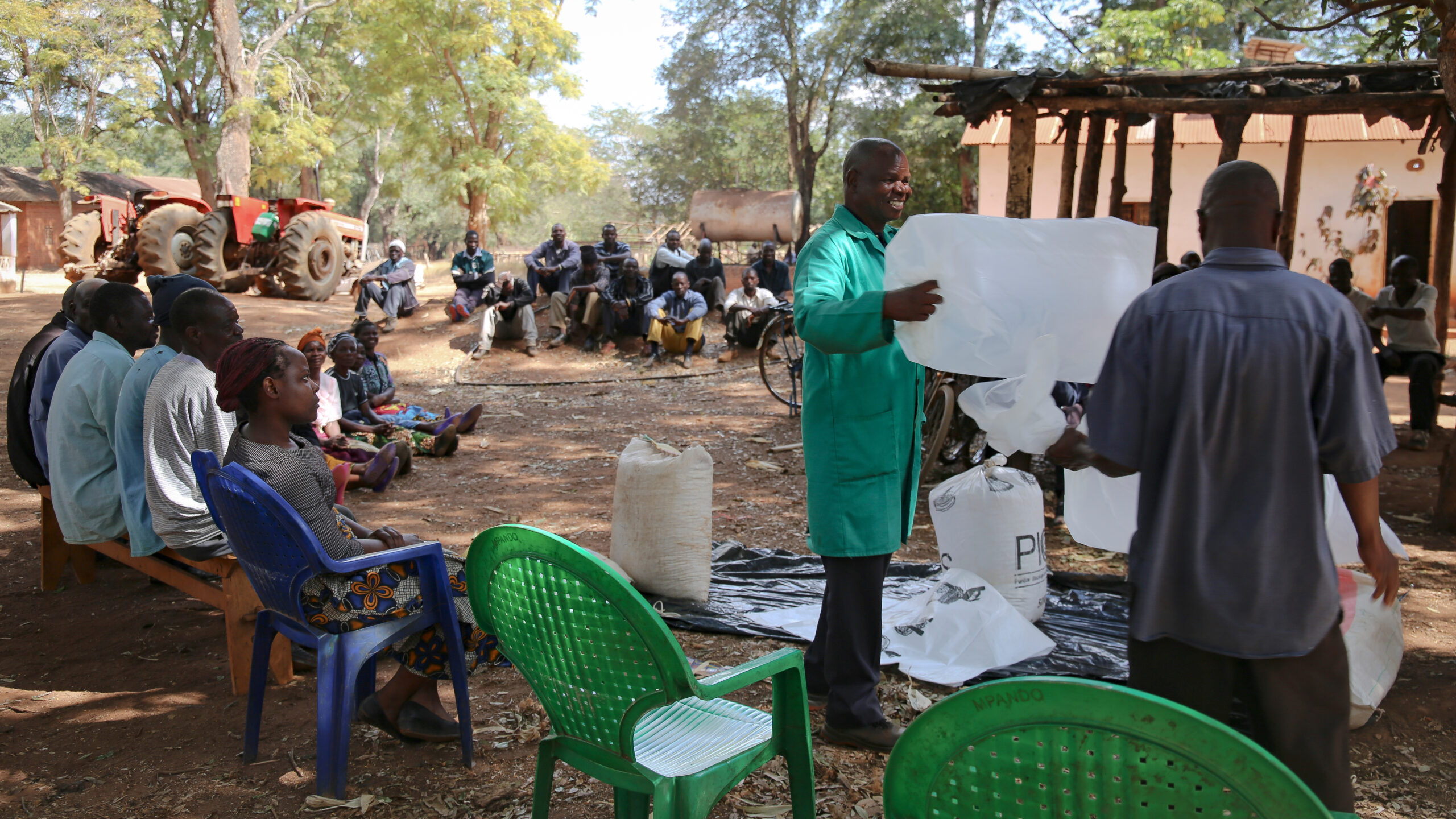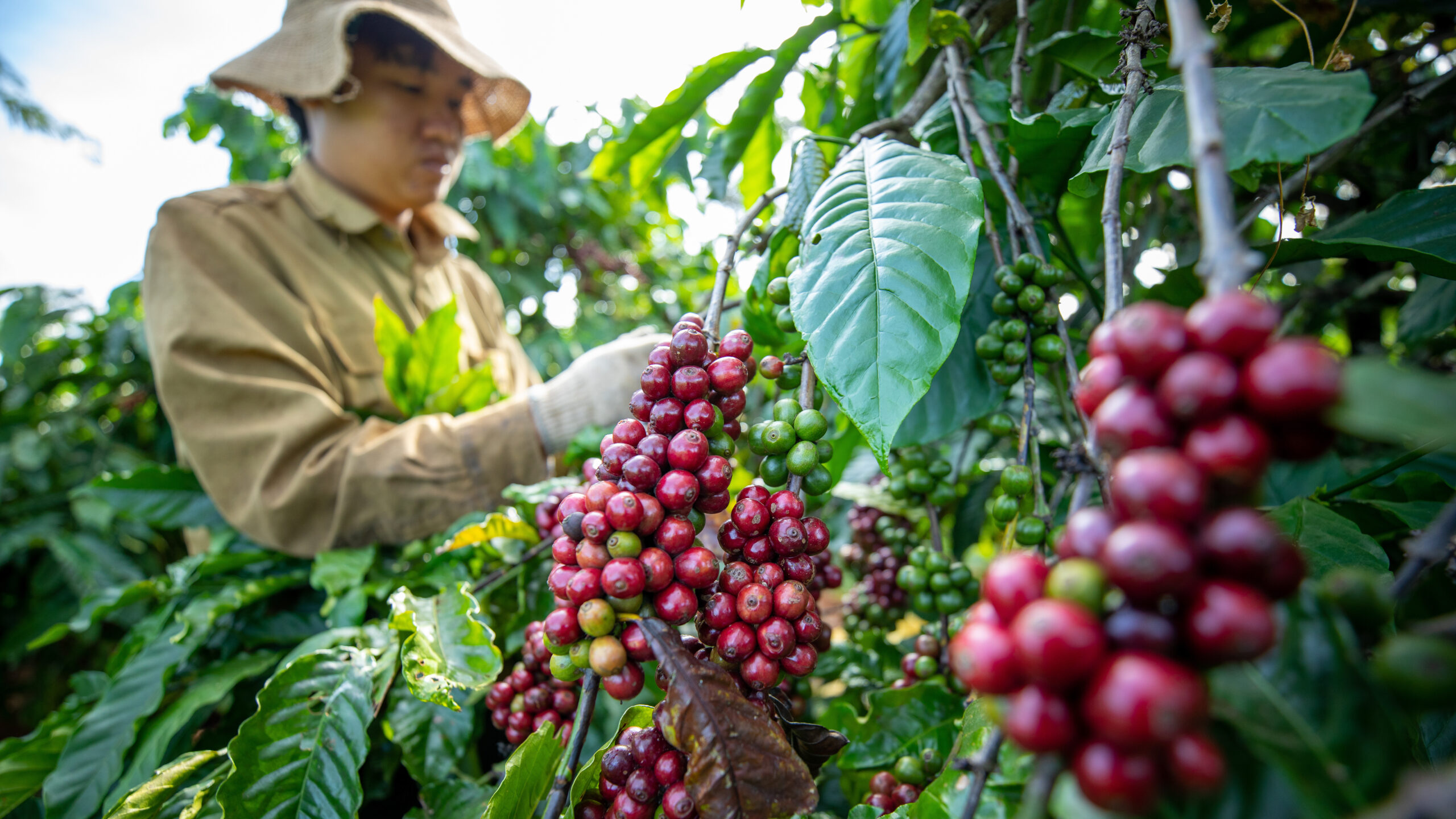Synthetic pesticides have helped to close agricultural yield gaps around the world. But their use is also a classic double-edged sword. Beyond the well-recognized social and environmental costs (e.g., soil and water pollution, and health effects on both humans and other species), they impose specific costs on farmers on top of outlays for purchase and labor. Those include elevated risks of acute and chronic health problems, and the destruction of populations of beneficial organisms including pollinators, and natural enemy arthropods or birds. The latter problem can trigger the collapse of natural defense systems that keep pest populations in check. Managing agricultural landscapes to enhance these natural pest control services holds promise to reduce the world’s growing reliance on pesticides, though it too carries costs.
In a new article in Environmental Research Letters, Andrew Bell of New York University and I employed an experimental field game called NonCropShare to explore whether paying farmers subsidies to leave some agricultural land undisturbed to promote natural insect enemy populations would encourage them to transition from synthetic pesticides to natural pest control.
In NonCropShare a symmetric, turn-based coordination game played on tablet computers linked via a mobile hotspot, each of the four players takes responsibility for land use decisions for their virtual fields in a shared landscape. Four different land-use choices are available to players, each with its own distribution of costs and benefits: Planting without pesticide spraying; planting with light spray; planting with heavy spray; and adopting non-crop habitat. Farmers could do well in the game by either playing selfishly (heavy use of pesticides) or cooperating (helping to increase everyone’s yields by utilizing natural pest control). Five hundred and twelve farmers were recruited across two different locations—one in rural Cambodia and one in rural northern Vietnam. Both of these regions rely on rice production across wet and dry seasons, but differ greatly in their use and access to pesticides and pesticide knowledge.
The two locations had dramatically different results. The presence of a subsidy significantly raised total net production in Vietnam while reducing it in the Cambodia sample. Vietnamese farmers were more willing to coordinate, and the offer of a subsidy boosted this behavior further. Subsidies changed land use behavior among Cambodian farmers, meanwhile, but failed to get them to cooperate to reduce pesticide use, leading to productivity losses.
The key take-home message from our work is: The economic outcome of subsidies in boosting farmers’ investment in natural pest regulation ecosystem services depends on how farmers within their local agricultural conditions collectively respond as pesticide use is reduced.
More broadly, these findings reveal some of the challenges of improving provision of a particular ecosystem service (the control of crop damage from pests via natural enemies) while simultaneously discouraging the use of synthetic pesticides via the encouragement of a specific, measurable practice (the maintenance of natural enemy habitat).
As in many such situations, more is often but not always better; the balance of non-crop habitat and cropland that maximizes benefits is not obvious from the outset, nor is the appropriate level of nudge necessary to achieve it. Rather, this “appropriate encouragement” appears from our data to be context specific.
A note of caution: These results are based on a game experiment rather than pilot study or subsidy program. While results of studies linking game behaviors to real world decisions have been mixed, carefully structured games can be a useful tool for identifying patterns in thinking and behavior among farmers. These experiments in turn can inform larger modeling efforts and pilot studies, in a low-risk, low-cost way. Increasingly, researchers are exploring the use of games to support their educational goals (for example, the Games4Sustainability platform) or as a learning and stakeholder engagement tool to strengthen collective action in natural resource governance (e.g., Cardenas and Carpenter 2005, Meinzen-Dick et al. under review*).
With global ecosystem services in decline, there is an increasing demand for payments for environmental services (PES) schemes. Recent work has suggested that provision of ecosystem services that behave as public goods can be improved using payments. To the extent that games can provide a lens into real world choices, this study adds an empirical qualifier by highlighting a clear case where the PES incentive can have perverse effects—where the nature of the coordination problem is complex and nonlinear, and farming systems (and possibly farmers themselves) can be left worse off if forced into a cookie-cutter approach that ignores local conditions.
Wei Zhang is a research fellow in IFPRI’s Environment and Production Technology Division (EPTD).
*Ruth Meinzen-Dick, Marco A. Janssen, Sandeep Kandikuppa, Rahul Chaturvedi, Kaushalendra Rao, and Sophie Theis. “Playing Games to Save Water: Collective Action Games for Groundwater Management in India.” Under review at World Development journal.







